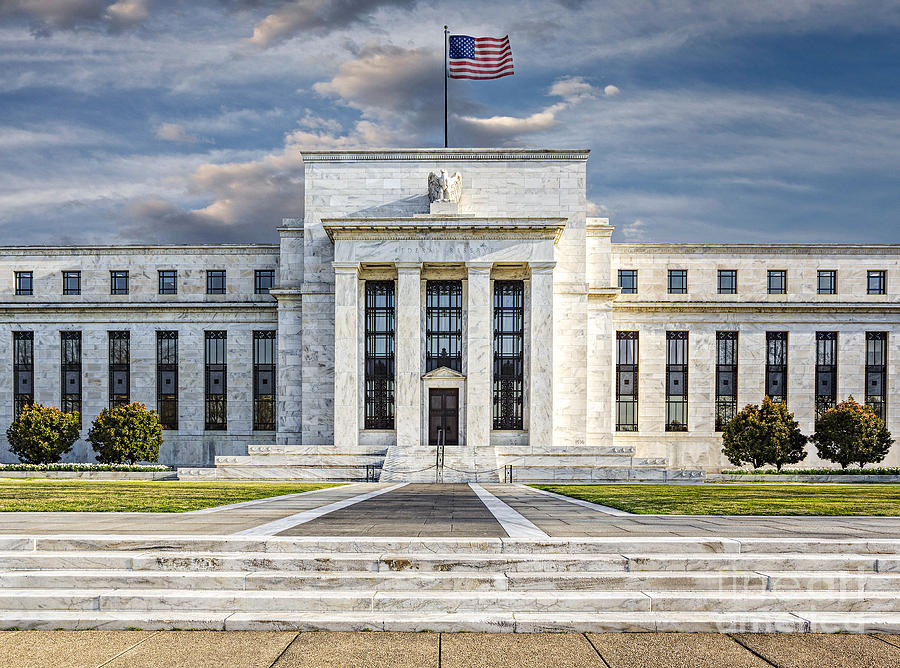
- Wall Street giant Fidelity is suggesting that other countries should follow the lead of El Salvador and buy bitcoin while the price is low.
- Nevertheless, many politicians in emerging markets watched El Salvador’s bitcoin experiment intently for signs of success and said they would consider a similar move if it paid off.
Not since Bretton Woods has a fiat currency been backed by anything other than the promises of a central bank.
In the aftermath of the ruinous Second World War, besides political reform, the winners sought to remake the world order to prevent the economic and monetary brinksmanship that laid the ground for global conflict, creating institutions including the Bretton Woods system.
Bretton Woods, established monetary management rules for commercial and financial relations among the U.S., Canada, Western Europe, Australia and Japan.
One of the chief features of Bretton Woods was for each country to adopt a monetary policy that maintained its external exchange rates with 1% by tying its national currency to gold and the ability of the International Monetary Fund to bridge temporary imbalances of payments.
The thinking behind Bretton Woods was to address the lack of cooperation among nations and to prevent a competitive devaluation between currencies.
But on August 15, 1971, the U.S. unilaterally terminated the dollar’s convertibility to gold, effectively ending the Bretton Woods system and ushering our current epoch of fiat currency.
Soon after the end of Bretton Woods, many previously fixed currencies became free-floating and the world has since accepted floating exchange rates as the norm.
The period immediately following Bretton Woods saw a rapid increase in the monetary base in the United States and a period of sharp inflation, not dissimilar to the current time.
Against this backdrop, Wall Street giant Fidelity is suggesting that other countries should follow the lead of El Salvador and buy bitcoin while the price is low.
In a note, Fidelity analysts Chris Kuiper and Jack Neureuter wrote,
“There is very high stakes game theory at play here, whereby if bitcoin adoption increases, the countries that secure some bitcoin today will be better off competitively than their peers.”
“[We] wouldn’t be surprised to see other sovereign nation states acquire bitcoin in 2022 and perhaps even see a central bank make an acquisition.”
The IMF was quick to discourage El Salvador’s move last year to adopt bitcoin as legal tender alongside the dollar and in a statement at the time noted,
“Given bitcoin’s high price volatility, its use as a legal tender entails significant risks to consumer protection, financial integrity, and financial stability. Its use also gives rise to fiscal contingent liabilities.”
Nevertheless, many politicians in emerging markets watched El Salvador’s bitcoin experiment intently for signs of success and said they would consider a similar move if it paid off.
This week, the Rio de Janeiro’s mayor reportedly said he plans to allocate 1% of the city’s treasury reserves to cryptocurrencies, while Miami’s mayor Francis Suarez said last year that he wants to put some of the city’s treasury in bitcoin.
Whether these moves will lead to a broader push to move back in the direction of a Bretton Woods type system with bitcoin as the backing for national currencies still remains to be seen, but stranger things have happened.



